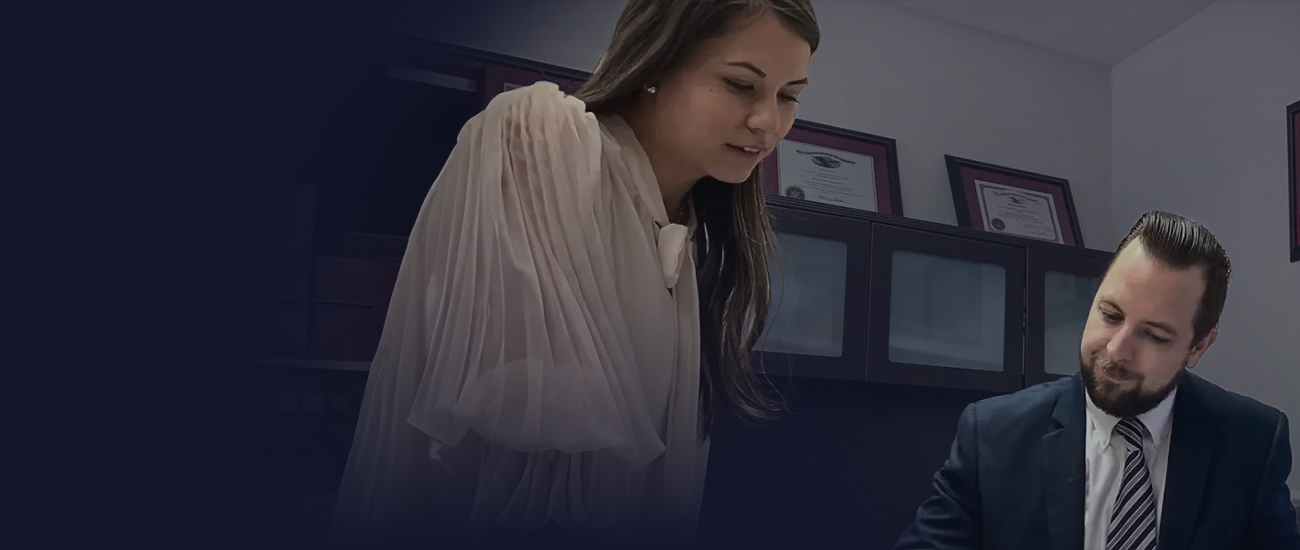Successful.
Sympathetic

Our clients have recovered millions of dollars, and counting...how much might you be owed? Violations of your consumer rights, even minor technicalities you don't notice, could entitle you to a cash award or other relief. We'll help turn the tables on bad debt collectors, illegal credit reporters, unfair lenders and other bad businesses.







At Thompson Consumer Law Group we are committed to fighting for consumers who need protection against unfair and unlawful practices. We represent individuals — not corporations — in battles that matter most to you. Whether you’re dealing with an unlawful repossession, harassment from debt collectors, inaccurate credit reporting, or unwanted telemarketing and robo calls, we’re here to ensure your rights are upheld.
And the best part? You pay us nothing unless we win your case.
We practice in key areas of consumer protection law, focused on ensuring you’re treated fairly and justly.
Repossession can feel like a personal attack, and unfortunately, unlawful repossessions are more common than you might think. But we fight back. From breaches of the peace to no right repossessions, we help protect your property and your rights. Our goal is to ensure you have the legal support to receive just compensation for the wrongful action.
If debt collectors are harassing you with calls, threats, or other unfair tactics, they may be breaking the law. The Fair Debt Collection Practices Act (FDCPA) is designed to protect consumers from aggressive or abusive collection methods. We’ll help you understand your rights under the FDCPA, stop harassment, and pursue damages for any violations. Our experienced attorneys work tirelessly to ensure that debt collectors face the consequences of their unlawful actions.
Your credit report holds the power to impact your financial future. Errors or inaccuracies can hurt your score and make it harder for you to get approved for loans, credit cards, or even a new job. The Fair Credit Reporting Act (FCRA) ensures that your credit report is accurate and fair. If your credit report contains mistakes or outdated information, we’re here to challenge them and help restore your financial standing. You deserve accurate information, and we’ll make sure that’s what you get.
The Fair Credit Reporting Act (FCRA) also prohibits individuals and businesses from unlawfully pulling or obtaining a copy of your credit report. For example, an employer or potential employer can only pull your credit with your permission. Similarly, companies are not allowed to pull your credit simply because you were checking prices at their website or business, but only if you actually initiate a business transaction or agree to the credit check. If someone pulled your credit report without your permission, you may be awarded money damages if your rights were violated. Let us help you today.
Unwanted robocalls, texts, and telemarketing tactics are a nuisance — and often a violation of the Telephone Consumer Protection Act (TCPA). If you’re being bombarded with unsolicited marketing communications, we can help you stop the harassment and recover damages. This includes telemarketing texts sent to cell phone numbers on the National Do Not Call List. The TCPA also protects consumers from companies that ignore your requests to stop contacting you. Let us take on the legal battle, so you don’t have to deal with constant interruptions.
When you contact us, we offer a free case review. If we can help, we’ll walk you through your options, explain the legal process, and help you make informed decisions. We’re with you every step of the way — from filing your case to the final resolution.
If you’re facing unlawful repossession, harassment from debt collectors, credit report inaccuracies, or unwanted telemarketing calls, contact us today for a free case review. At Thompson Consumer Law Group, we’re dedicated to protecting your individual consumer rights, and making sure you get the justice and compensation you deserve.
We Represent Clients Throughout the Nation
Please visit our Google reviews page and tell us about your experience!
The necessity to have a relevant, organized, sharp professional advocacy firm: On the side of the consumer & average person is important. My MOM, who recently passed away from COVID 19 introduced me to Thompson Law Group. We celebrated wins together when SHE was here. I know She's smiling down now. Like a reflection of HER: Excellence!! I feel like...
Consistent in their approach and can't wait to give the details and outcomes.
Highly qualified company, they solved my case that was an improper repossession and I had a great result. They didn't charge anything at all. Thank you so much for helping me at a time when I thought there would be no justice.

If you have been a victim of creditor or collector harassment you already know that unscrupulous bill...
Read More
When you’ve got credit report problems, look to the Fair Credit Reporting Act as the starting point for credit repor
Read More
Are you sick of dealing with phone harassment? Debt collectors, credit card companies, service providers
Read MoreThere are numerous ways in which a consumer protection attorney can help you, and many of them do not require anything from you. Our attorneys work hard to protect your consumer rights, and you can turn to us when you are facing a variety of legal challenges. In many cases, the defendant pays our fees, meaning many of our services are at no cost to the consumer. Contact our office today to see how our experience and our know-how can help you. We will evaluate your rights at no cost, and help you fight back if you have been harmed or treated unfairly by a company or business.
